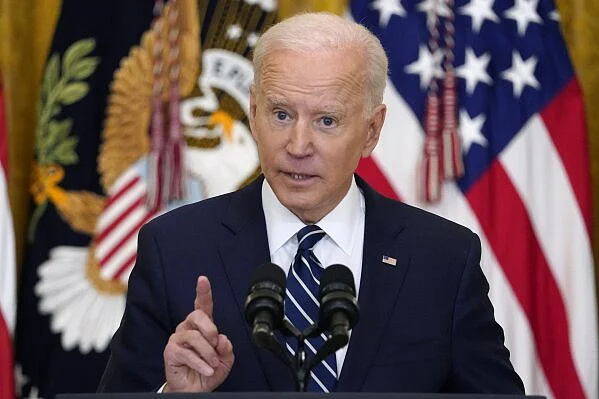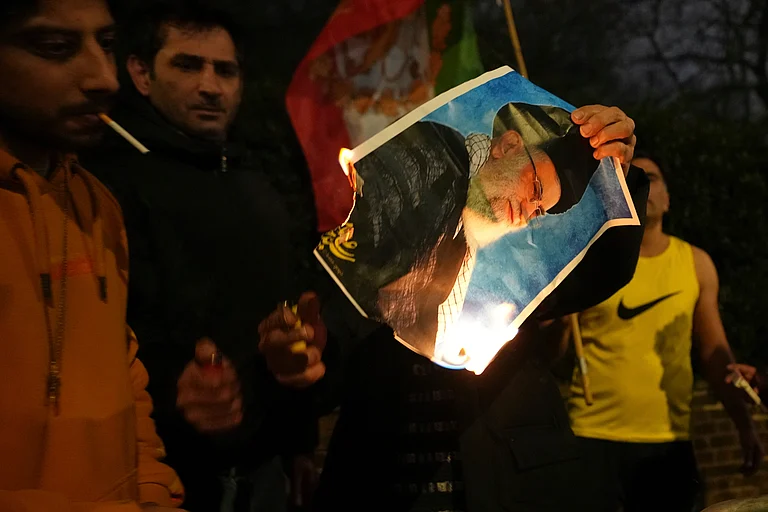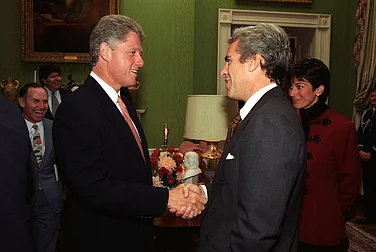Israel is on high alert as it braces for potential retaliation from Iran following a strike nearly two weeks ago that resulted in the deaths of seven Iranian military officers. US officials have warned that Iran could launch a direct attack on Israeli soil, with the possibility of drones and missiles targeting military installations. The strike on April 1st, which hit the Iranian embassy in Syria's capital, has heightened tensions between the two countries.
According to sources cited by CBS News, a major Iranian attack against Israel could occur as soon as Friday, potentially involving over 100 drones and numerous missiles aimed at military targets within Israel. Iranian forces and proxy groups in the region are reportedly prepared to carry out these attacks, with additional arms allegedly supplied by Iran in recent weeks.
President Biden, when asked about the likelihood of an attack, urged Iran to refrain from escalating the situation further. However, Tehran has not publicly disclosed its plans for retaliation, leaving the exact nature and timing of any potential attack uncertain.
In response to the escalating tensions, the US State Department has advised Americans in Israel to avoid travelling outside major cities, which are better protected by Israel's Iron Dome missile defence system. The situation remains fluid, with travel restrictions for US government employees potentially being implemented at short notice.
Israeli Prime Minister Benjamin Netanyahu has emphasised Israel's readiness to defend itself both defensively and offensively. Security experts, such as Sima Shine, have expressed concern about the potential for a wider regional conflict if Iran chooses to launch a direct attack on Israel.
Despite the heightened tensions, both sides have signalled a desire to avoid a full-scale war. The US has dispatched senior military officials to coordinate with Israel and prevent further escalation. General Charles Q. Brown, Jr., Chairman of the Joint Chiefs, stressed the importance of dialogue and preparation to prevent conflict.
Israel's military leadership has reassured the public of its readiness to respond to any threat, with Chief of the General Staff Lt. Gen. Herzi Halevi affirming the IDF's preparedness for all scenarios. Collaboration between the Israeli and US armed forces is ongoing, with a focus on monitoring developments in Iran and the surrounding region.














.png?auto=format%2Ccompress&fit=max&format=webp&w=376&dpr=2.0)













